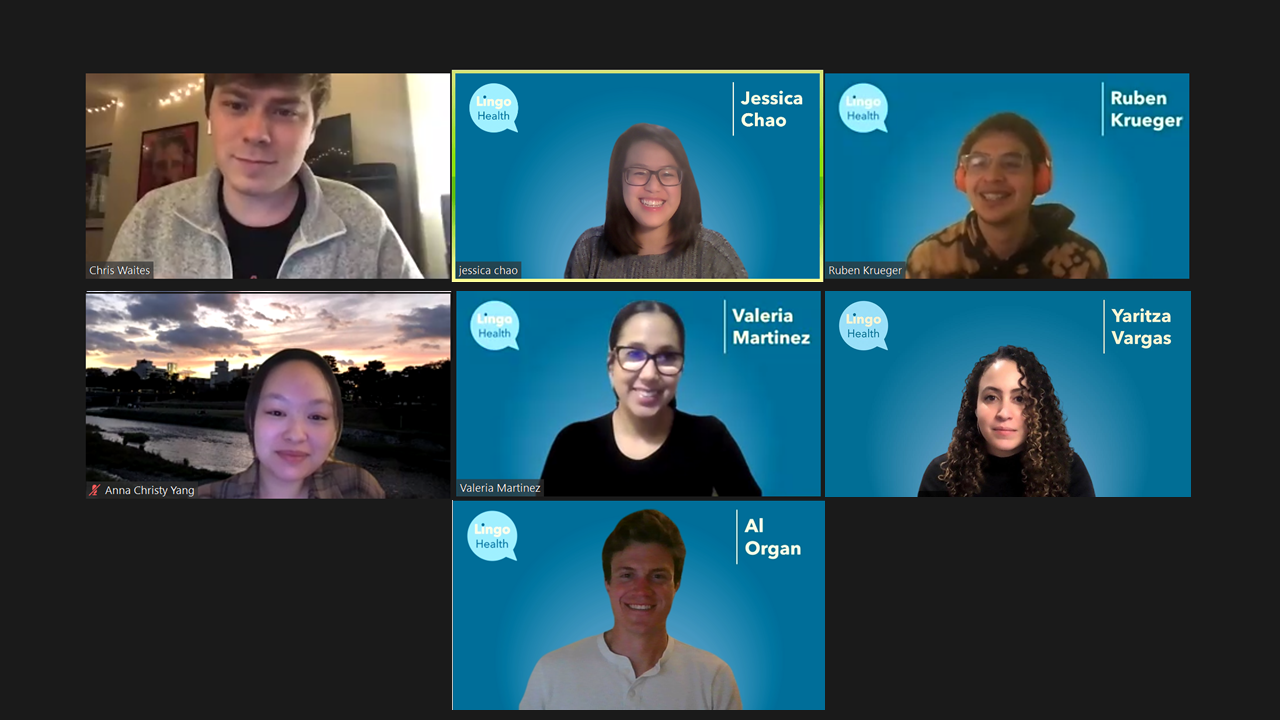As the nation races to distribute vaccines, inequities have ranged from limited vaccine access to lower vaccination rates in underserved areas. A group of seven Stanford students is seeking to address some of these disparities through their website VaxMyFam, which assists non-English speakers in attaining vaccine-related information accurately and efficiently.
The site offers resources for seven different locations across the United States: San Francisco, Los Angeles, Santa Clara County, New York City, Houston, Miami and Chicago. By focusing on “immigrant-dense areas,” the team hopes its platform will provide adequate, simplified information about the process from “pre- to post-vaccine appointment,” according to VaxMyFam’s Jessica Chao MBA ’21 and Al Organ MBA ’21.
In addition to English, the web page features guidance in Spanish, Portuguese, Vietnamese, traditional Chinese and simplified Chinese. With help from other students in the Graduate School of Business’ Startup Garage, the group recruited native speakers to convert various documents and state and federal guidance into the five foreign languages.
The website’s front page includes outlined steps for approaching an upcoming vaccination, registration requirements and what to expect immediately after receiving the shots. The “eligibility” page can instantly notify a person if they are eligible for a vaccine based on inputted county, age and occupation information. These aspects of the site will ease the minds of those “who are not necessarily tech savvy,” Chao said.
Chao said that a primary concern the team noticed while speaking with advisors and mentors was the lack of vaccine awareness due to language barriers.
“There are a lot of biases and misconceptions about what it means to have someone with limited English proficiency,” she said. “This is something that we have spent a lot of time focused on.”
Lisa Goldman Rosas, an assistant professor at Stanford Medicine who is not involved in this project, has researched COVID-19 in the context of racial and ethnic minority populations. She said her team has “found that language barriers are a problem so this is great to hear that they will be making more information available in more languages.” She added that it is critical for every step of the vaccine registration process to be performed in one’s preferred language.
In addition to Chao and Organ, four other graduate students and one undergraduate have worked together to publish VaxMyFam since meeting at Startup Garage. For the founding team, their mission is deeply personal.
Chao pointed to her background as a daughter of two immigrants and her experience in healthcare investing, which inspired her to explore “the intersection between social impact and healthcare.”
Organ added that “our specific product has taken many forms over the past few months.”
“The current iteration is leveraging patient family members and other people who direct the healthcare of the actual patient to provide better care for those who don’t speak English,” he added.
Nicole Martinez-Martin, an assistant professor of pediatrics who is not affiliated with VaxMyFam, welcomed the announcement of a VaxMyFam website, saying that it is a “useful measure as part of the efforts to increase accessibility of Covid vaccinations.” Still, she stressed the need for “multi-pronged approaches,” including in-person, door-to-door education for neighbors without internet access and on-site translation services.
In the long term, the VaxMyFam team envisions expanding its services to help people understand healthcare more broadly. For now though, it is solely focusing on vaccinations as the central operation.
“Once the entire nation gets vaccinated, we can focus on making sure we can deploy a broader solution for this multilingual audience,” Chao said.
This article has been corrected to reflect that the website features guidance in traditional and simplified Chinese. The Daily regrets this error.
